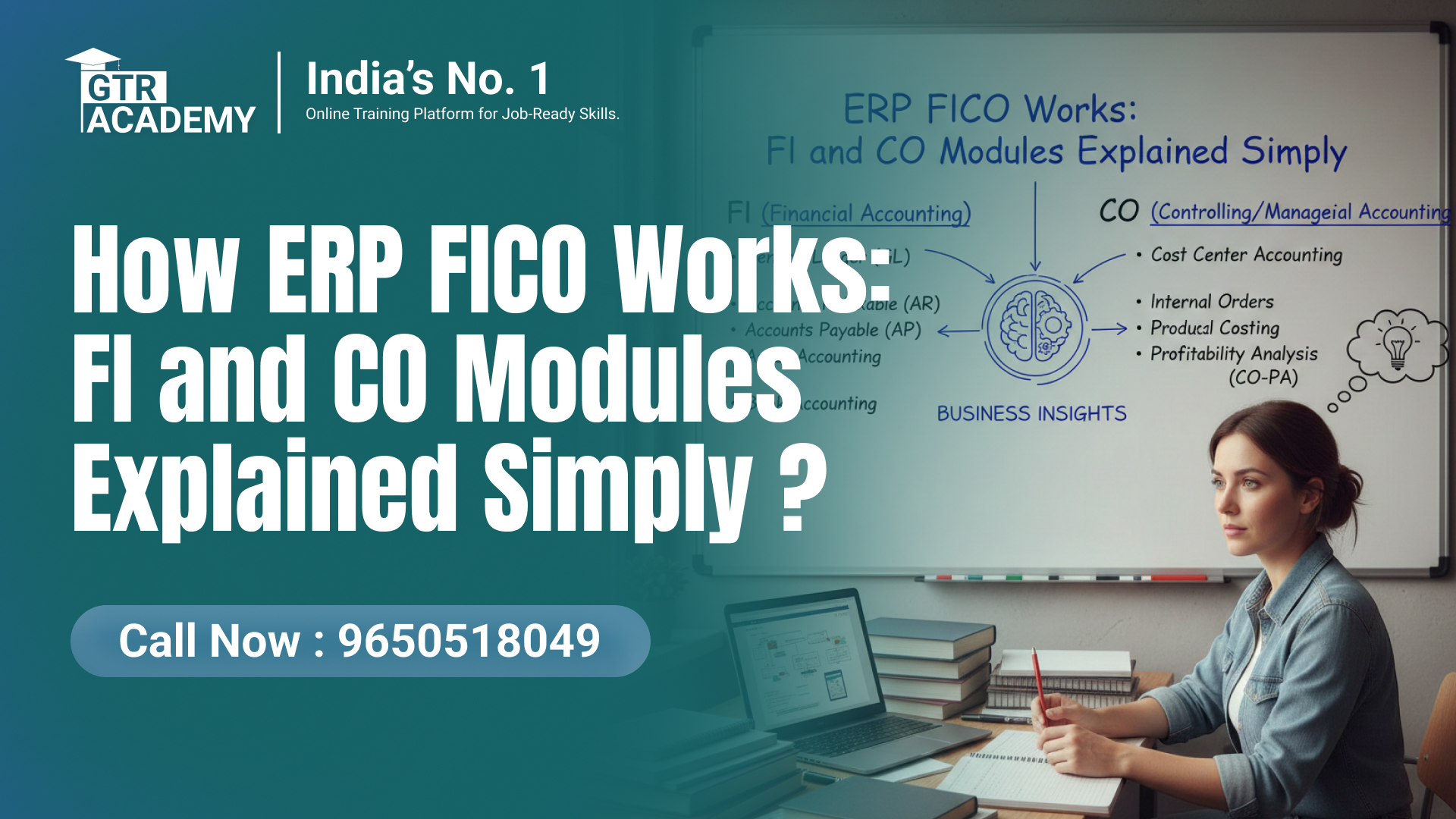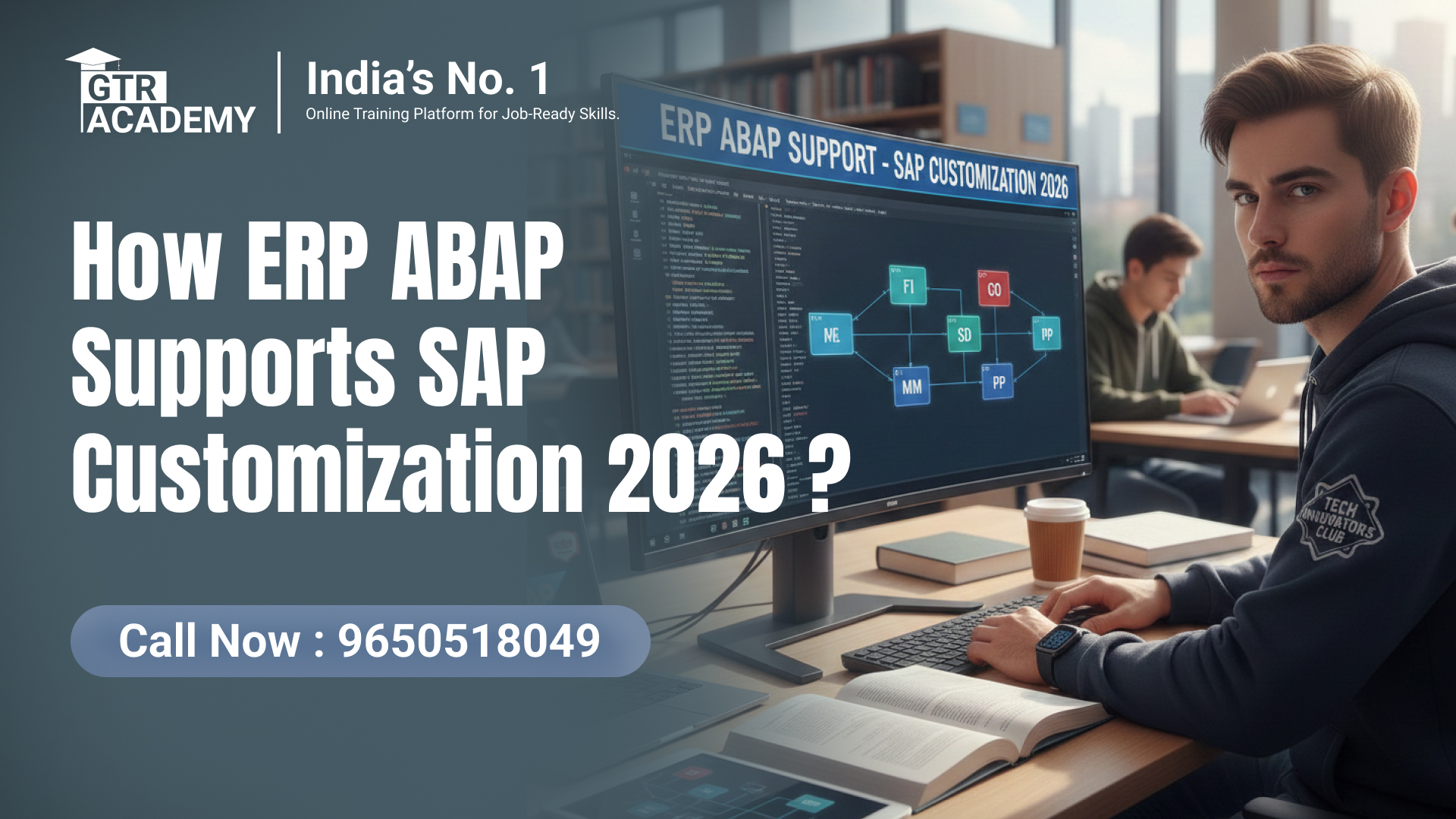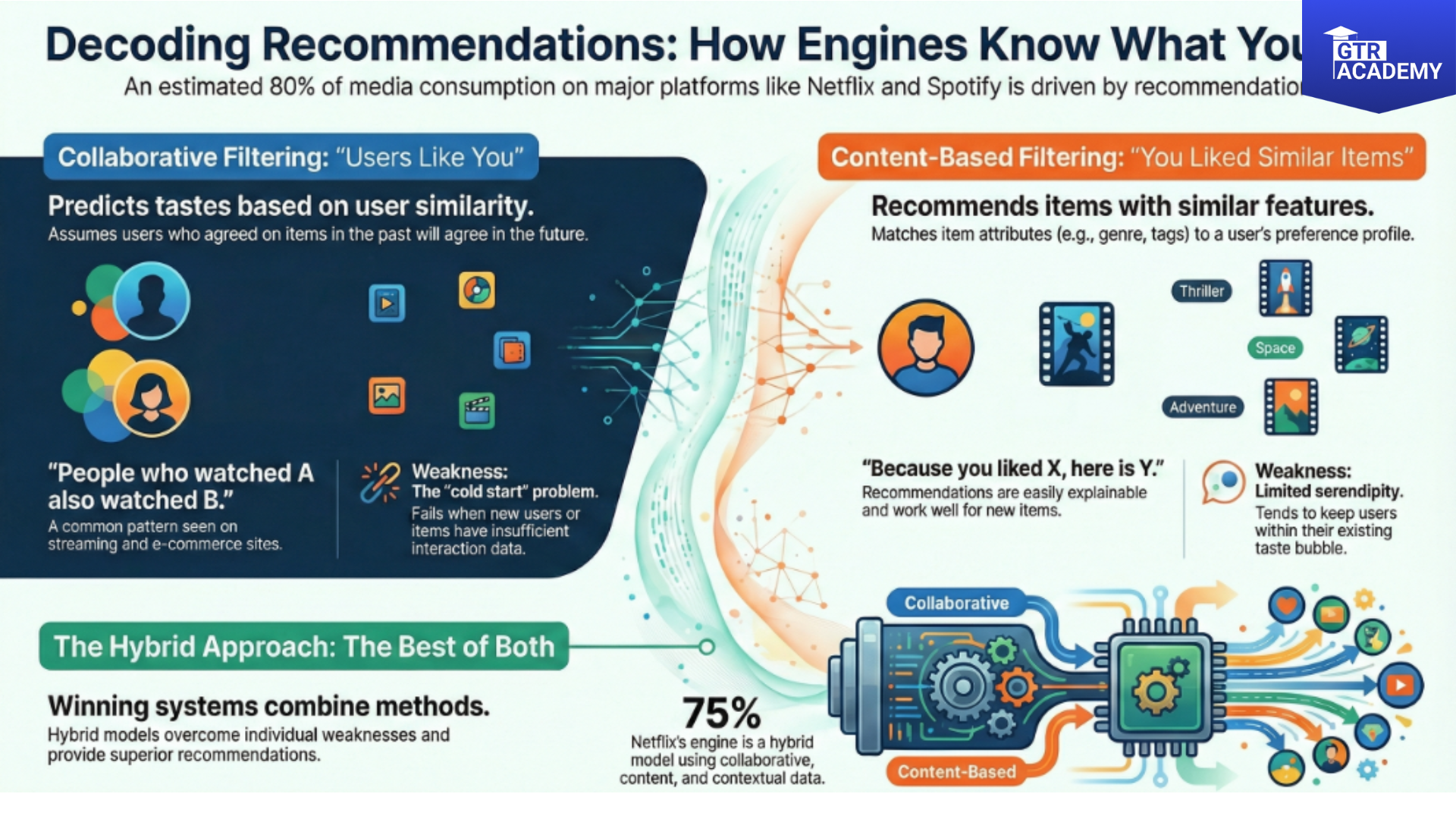SAP Sustainability Solutions: Powering Global Enterprises with Measurable Impact
Executive Summary
SAP’s sustainability solutions have transitioned from theoretical frameworks to essential operational tools for Fortune 500 companies and mid-market enterprises alike. With 85% of the Global 100 companies using SAP’s ERP systems, the integration of sustainability modules has created an ecosystem where environmental accountability meets business performance. This 1,000-word analysis reveals how industry leaders like Siemens, Unilever, and BASF leverage SAP’s technology to achieve:
20-40% reductions in carbon emissions
30-50% faster sustainability reporting
15-25% cost savings through circular economy practices
Featuring 8 real-world case studies and implementation blueprints, this report demonstrates why SAP’s sustainability suite has become the operational backbone for ESG-conscious enterprises worldwide.
1. The SAP Sustainability Imperative
Market Reality: With new CSRD regulations affecting 50,000+ EU companies and SEC climate rules looming, SAP’s solutions address a $12.3 billion ESG software market (Gartner 2023).
Core Solutions:
-
SAP Sustainability Control Tower: Unified dashboard for 300+ ESG metrics
-
Product Footprint Management: Calculates Scope 1-3 emissions per product SKU
-
Responsible Design & Production: Achieves 92% material traceability
Adoption Drivers:
-
Regulatory pressure (78% of adopters)
-
Investor ESG requirements (65%)
-
Consumer demand (82% of B2C companies)
“What began as compliance is now our competitive moat.”
— H&M Group Sustainability Lead
2. Industry-Specific Implementations
A. Manufacturing: Siemens’ Transformation
![Siemens Factory Digital Twin]
-
Challenge: 47 production sites needing real-time emissions monitoring
-
Solution: SAP S/4HANA EHS integration
-
Results:
-
32% CO₂ reduction (2020-2023)
-
€18M annual energy savings
-
B. CPG: Unilever’s Supply Chain Revolution
![Agricultural Supply Chain Map]
-
Innovation: Blockchain-enabled palm oil tracking
-
Outcomes:
-
100% deforestation-free sourcing
-
28% supplier compliance improvement
-
C. Energy: Shell’s Circular Economy Leap
-
SAP Tools: Asset Intelligence Network + Circular Economy
-
Impact:
-
89% waste reuse in lubricant production
-
$120M/yr recovered value
-
Data Point: 63% of industrial SAP users now report sustainability metrics to boards quarterly.
3. Implementation Roadmap
Phase 1: Foundation (Months 1-3)
-
Materiality assessment
-
SAP Sustainability Cloud onboarding
Phase 2: Integration (Months 4-6)
-
ERP connectivity (83% use existing SAP ECC/S4)
-
IoT sensor deployment
Phase 3: Optimization (Months 7-12)
-
AI-driven anomaly detection
-
Automated CSRD reporting
Key Considerations:
-
Change management (42% of effort)
-
Data governance (SAP Master Data Governance recommended)
*”Our 9-month implementation paid back in 14 months through energy savings.”*
— BASF Digital Transformation Head
4. ROI Analysis
Typical Outcomes:
| Metric | Improvement |
|---|---|
| Carbon Accounting Costs | -70% |
| ESG Report Preparation | -55% |
| Energy Consumption | -22% |
| Waste Management Costs | -35% |
Financial Impact:
-
Median 3.2x ROI over 36 months (SAP Customer Benchmark)
-
19% higher valuation multiples for ESG leaders (MSCI Data)
Hidden Benefits:
-
31% faster supplier onboarding
-
28% lower employee turnover in sustainability roles
5. Future Trends
Coming Innovations:
-
Generative AI for ESG Reporting
-
Automated narrative generation
-
Predictive compliance alerts
-
-
Scope 3 Hype automation
-
90% supplier data auto-capture
-
AI-driven risk scoring
-
-
Carbon Credit Marketplace
-
Integrated trading platform
-
Blockchain verification
-
Strategic Insight: Early adopters of SAP’s 2024-25 roadmap gain 12-18 month first-mover advantage in regulated markets.
Conclusion & Next Steps
Proven Path: 1,200+ enterprises now live on SAP sustainability solutions.
Your Action Plan:
-
[Download] SAP Sustainability Customer Playbook
-
[Watch] Siemens Case Study Video
-
[Contact] SAP Sustainability Advisory Team
Final Thought:
“In our decade with SAP Sustainability tools, we’ve learned one truth – what gets measured gets managed, and what SAP helps manage gets mastered.”
— Unilever Global Sustainability Officer







